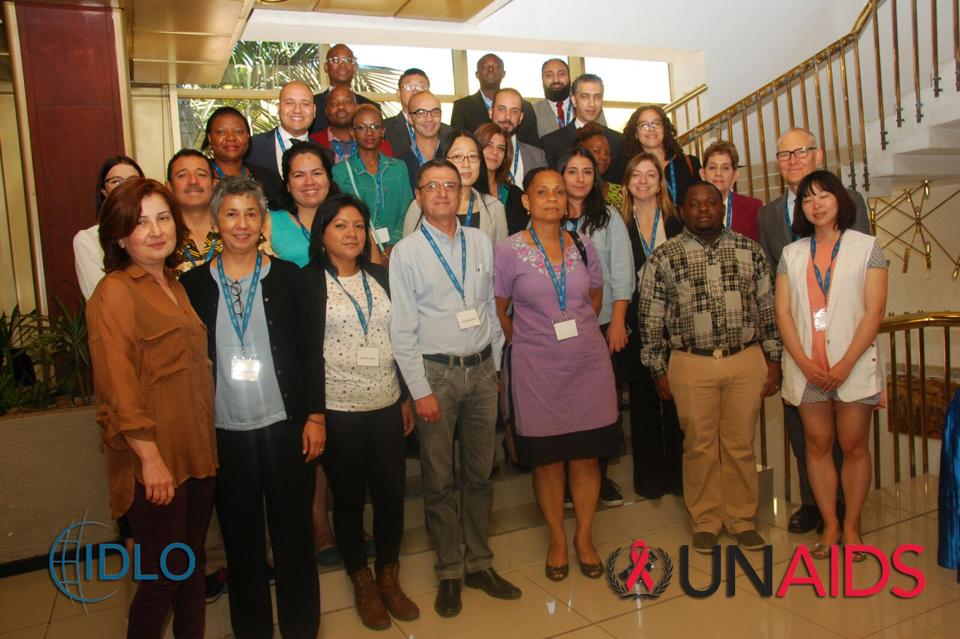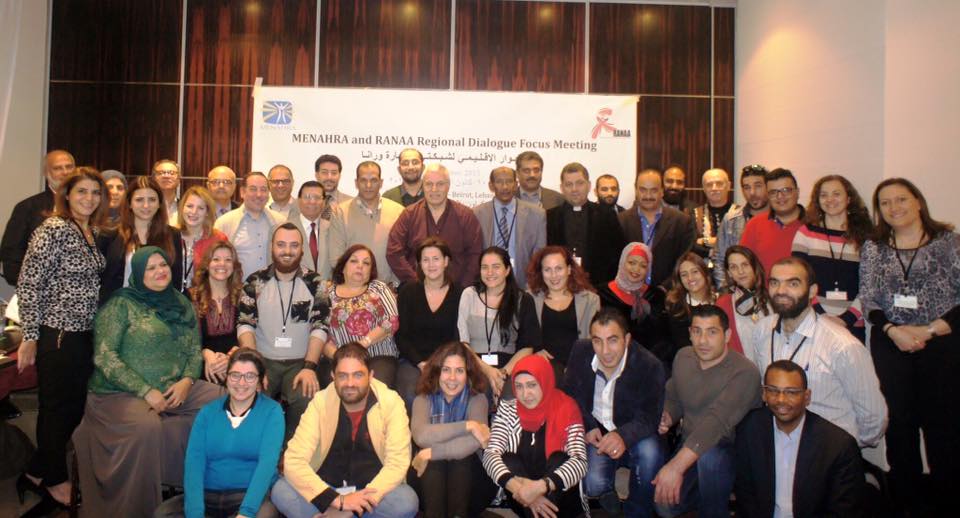Drones enter Africa’s fight against HIV
- Details
- Parent Category: Publications/Resources
- Hits: 1480
With its four tiny rotors spinning, a drone is zipping above Malawi’s village rooftops this week in the early testing of an experimental high-speed delivery system for HIV diagnosis.
ART has averted over 850,000 HIV-related opportunistic infections in low and middle income countries
- Details
- Parent Category: Publications/Resources
- Hits: 1068
Rollout of antiretroviral therapy (ART) in low and middle income countries has averted over 850,000 cases of HIV-related opportunistic infections at a saving of at least $47 million per year, according to a systematic review and meta-analysis published in Clinical Infectious Diseases.
The confinement of Eve: resolving Ebola, Zika and HIV with women’s bodies?
- Details
- Parent Category: Publications/Resources
- Hits: 1130
The pattern is clear: as a new global health crisis erupts, women are placed at the centre of impact. In some cases, women are held responsible for preventing transmission. In other cases, women are expected to manage the crisis in the face of failed health systems. And if the crisis has anything to do with children, pregnancy or sex, women are held responsible for managing it.
Read more: The confinement of Eve: resolving Ebola, Zika and HIV with women’s bodies?
New mobile platform to improve care for people living with HIV
- Details
- Parent Category: Publications/Resources
- Hits: 1300
A new mobile platform that links people living with HIV to vital healthcare services is to be piloted in Cote d’Ivoire. The mobile platform, Mobile Training EveryWhere (M-Tew), has been developed by Orange and is the result of a collaboration between UNAIDS and the telecommunications giant.
Read more: New mobile platform to improve care for people living with HIV
Putting human rights at the centre of the AIDS response
- Details
- Parent Category: Publications/Resources
- Hits: 1245
The Human Rights Council held a special session in Geneva, Switzerland, on 11 March to discuss progress in and challenges of addressing human rights issues in the context of the AIDS response.
Read more: Putting human rights at the centre of the AIDS response
Login Form
Mailbox
You are not logged in.
Breaking The Walls

Media
3rd Inter-regional Consultation on HIV - related Services and Rights
25-27 November 2015, Harare - Zimbabwe.

Regional Dialogue Focus Meeting Assembly
8 - 11 December 2015, Beirut - Lebanon





